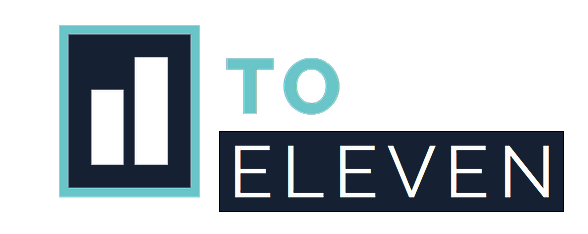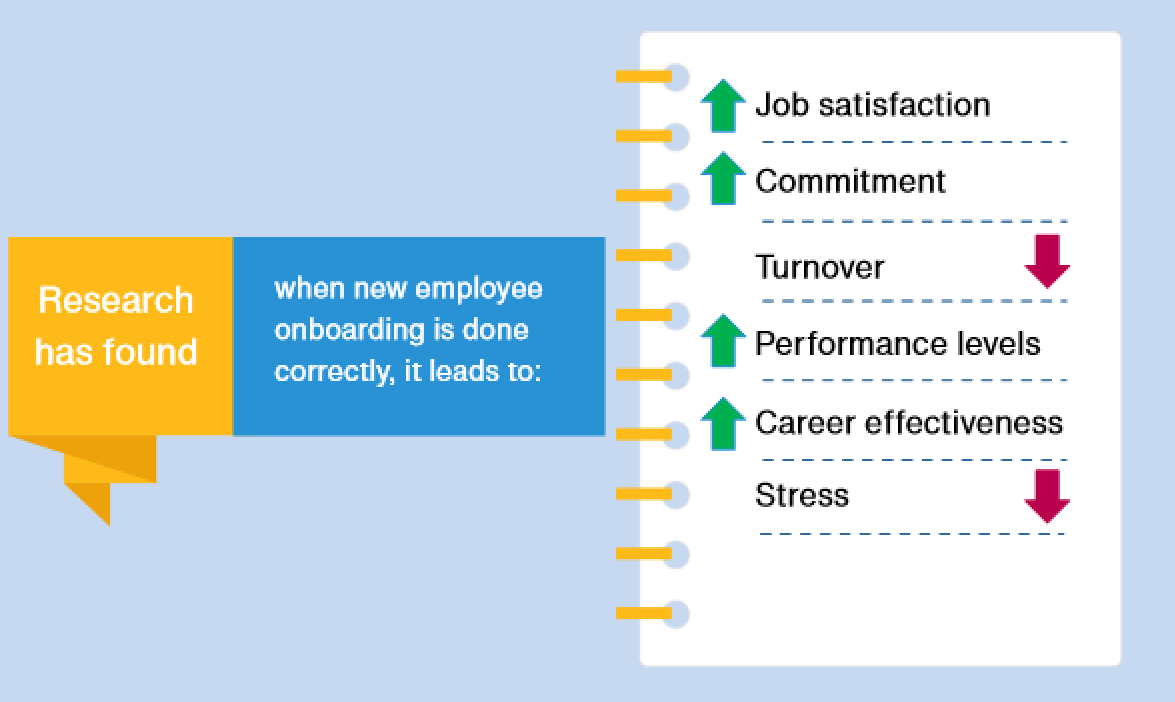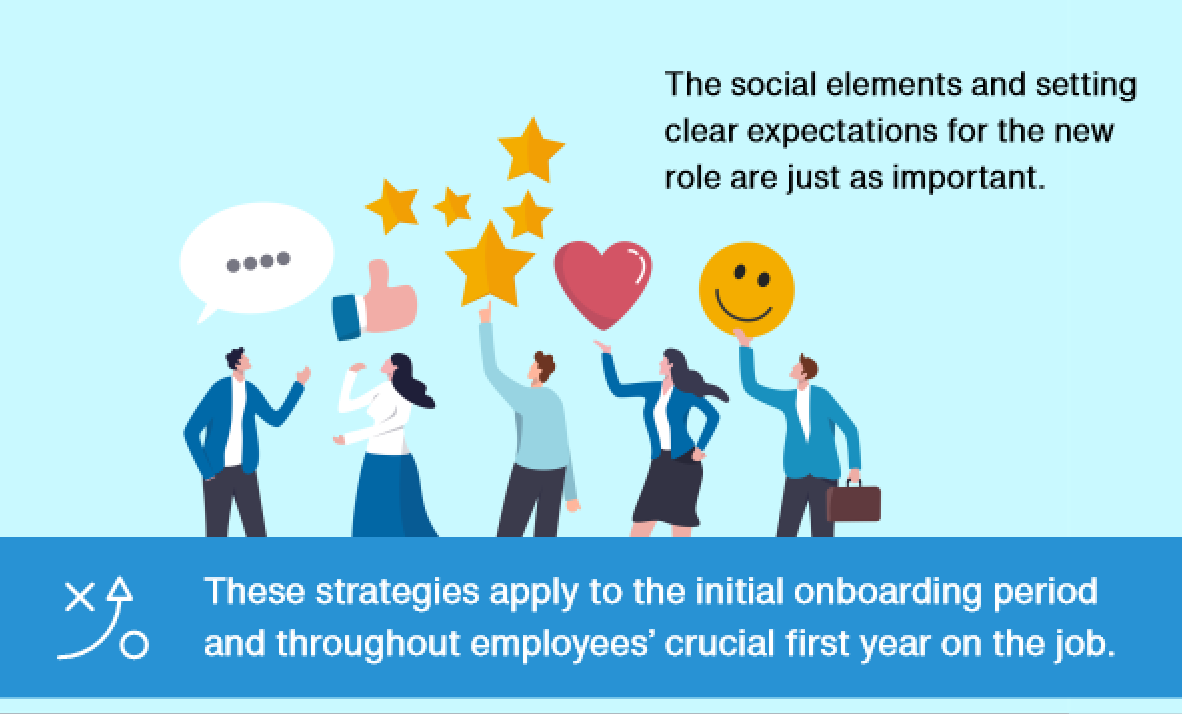Metropolitan Public Utility
Improving New Supervisors’ Leadership Skills
The Challenge
A large public utility organization wanted to provide professional development to newly promoted or hired supervisors. This group had deep industry experience, but were struggling with the transition to a supervisory role. This struggle included lack of specific leadership skills as well as knowledge of how to implement district policies and procedures. These gaps were putting a strain on the human resources team, who were fielding many calls from new supervisors, often on the same topics.The human resources team recognized the need for a scalable learning solution in order to better support new supervisors and also free up the team’s time to focus on the more complex problems that needed individual attention.
The Solution
The human resources team engaged To Eleven to create a scalable training solution. We conducted a comprehensive needs analysis, through which we answered the questions:
What are the most critical knowledge and skills new supervisors need to be successful in the organization specifically?
In which of these areas do new supervisors currently need the most support?
Which of these areas could be addressed with a self-serve training library?
We developed a series of short, engaging, interactive online modules on these areas. Topics included navigating the transition from peer to supervisor, communication skills, delegation, onboarding new hires, giving and receiving feedback, creating an inclusive workplace, performance management, and having difficult conversations. The training also covered frequently asked questions on the policies and procedures that supervisors used most often and were the most complex.
The Results
New supervisors now have on-demand access to customized training. Because the training is tailored to the organization’s context and organized into short, targeted modules, supervisors now get just what they need and don’t spend unnecessary time in training. Additionally, the time the human resources team spent responding to similar certain questions is freed up for them to spend on more complex problems. Finally, implementation of critical policies and procedures is more standardized, reducing legal and compliance risk.



